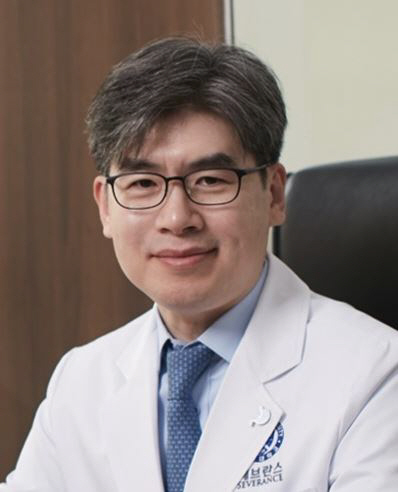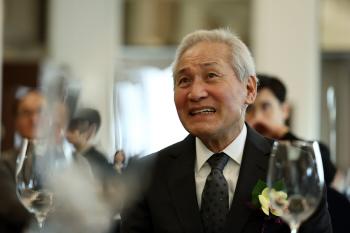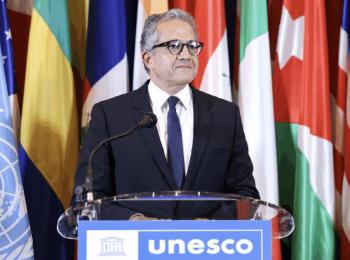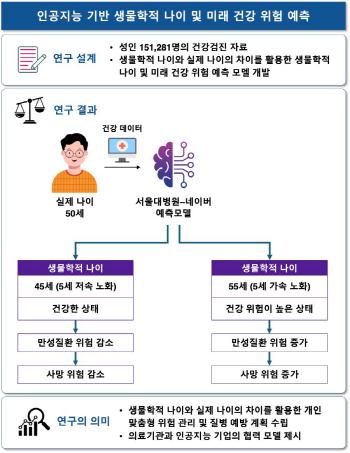Development of AI Model for Predicting the Effect of Immuno-Anonics...Precision medical collaboration between doctors and artificial intelligence
May 27, 2025
|
Professor Jeong Jae-ho (Gastrointestinal Surgery) of Yonsei University's School of Medicine announced on the 27th that he developed an AI model that analyzes cancer cells with researchers at Mayo Clinic and Vanderbilt University Medical Center in the U.S. to predict whether they are effective in immuno-oncology drugs.
The results of this study were published in the latest issue of 'npj digital medicine (IF 15.2)'.
Immuno-oncology is a treatment that induces immune cells in the body to attack cancer cells. It is different from anticancer drugs that directly attack cancer cells. Therefore, if the genetic characteristics seen in the patient's cancer cells are not suitable, there is no effect of immuno-oncology drugs. Patients with gastric cancer and colorectal cancer showing the therapeutic effect of immuno-cancer drugs have the characteristics of 'MSI-H (high frequency microsatellite instability)'.
MSI-H, which has a large amount of genetic mutations, can make it easier for immune cells to recognize cancer cells as 'external invaders', increasing the therapeutic effect of immune anticancer drugs.
Previously, immunohistochemical staining methods were used to determine whether MSI-H was retained and then observed under a microscope, but there is a limitation in that MSI-H cannot be found if it is only in a specific area where MSI-H is not easily visible in cancer cells.
The AI model (MSI-SEER) developed by Professor Jeong Jae-ho's research team divides cancer cell pathology photos into thousands of small photos. After that, all photos are analyzed and the probability of MSI-H is calculated for each area and checked.
In particular, it specifically presents exactly where and how much MSI-H is in cancer cells, providing doctors with an objective basis for determining whether or not to use immuno-cancer drugs. In addition, it provides reliability for self-derived predictions and helps doctors make accurate judgments.
In some cases, the AI model reversed the existing test results. Patients with stomach cancer and colon cancer who participated in a test to evaluate the clinical use of AI models were judged to be meaningless in using immune anticancer drugs because cancer cells did not have MSI-H according to the existing test method, but MSI-H was discovered through AI and was treated with immune anticancer drugs. It goes without saying that immuno-cancer drugs have therapeutic effects in the patients.
Professor Jung Jae-ho "The treatment may vary depending on how accurately the patient's cancer cells are analyzed"The newly developed AI model can help doctors prescribe more accurately by clearly providing evidence for immune anticancer drugs to show therapeutic effects.'
Hwang Tae-hyun, a professor of surgery at Vanderbilt University Medical Center in the United States, said "The AI model we developed is a model designed as a tool to help doctors make decisions, and will be the starting point for an era where doctors' expertise and AI's computational power work together."
|
This article was translated by Naver AI translator.















